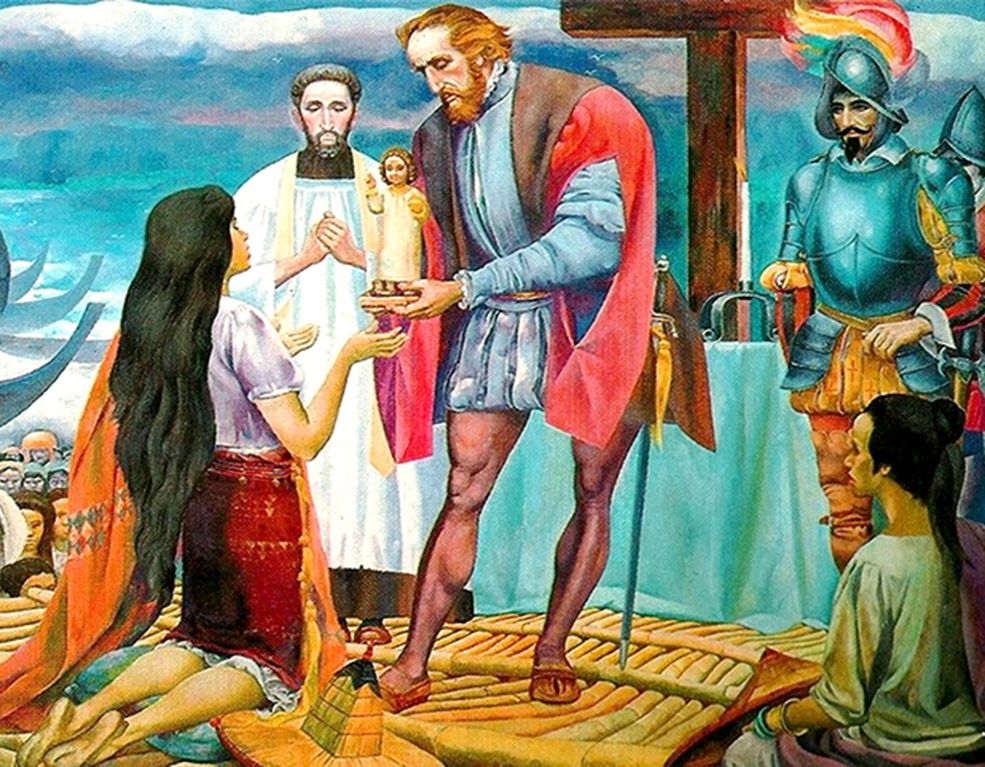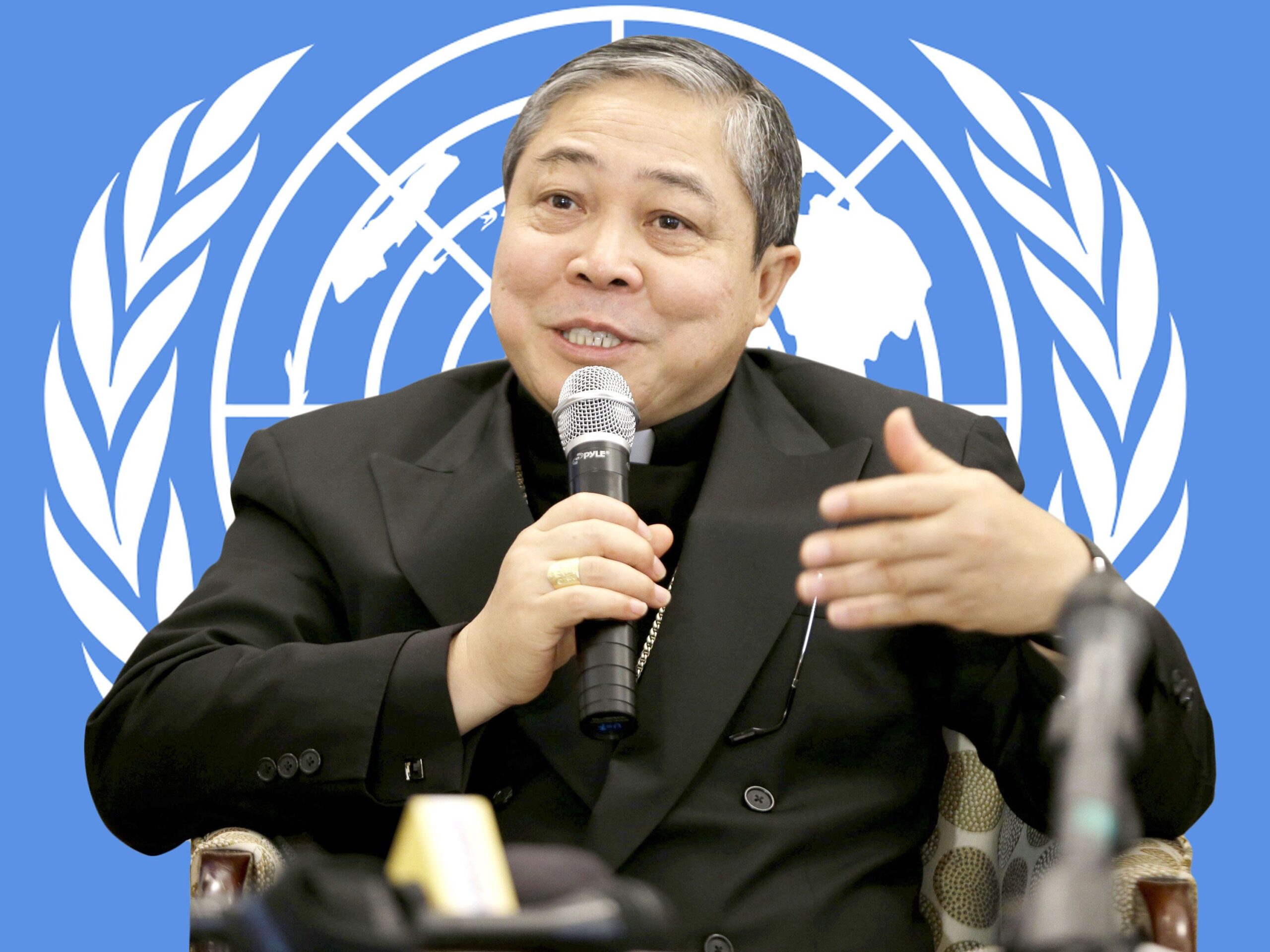If virtues can speak, can you guess who might this be? “I am a little thing with a big meaning. I help everyone. I unlock doors, open hearts, and banish prejudices. I create friendship and goodwill. I inspire respect and admiration. I violate no law. I cost nothing. Many have praised me; none have condemned me. I am pleasing to those of high and low degree. I am useful every moment.”
Yes, you’re right! It’s courtesy. “Courtesy is a science of the highest importance,” says Michel de Montaigne. “It is opening a door that we may derive instruction from the example of others and, at the same time, enabling us to benefit them by our example, if there be anything in our character worthy of imitation.” Erastus Wiman notes, “Nothing is ever lost by courtesy. It is the cheapest of the pleasures, costs nothing and conveys much. It pleases him who gives and him who receives, and thus, like mercy, it is twice blessed.”
“If a man be gracious and courteous to strangers, it shows he is a citizen of the world,” wrote English lawyer and philosopher Francis Bacon. “Life is not so short that there is no time for courtesy,” said American poet Ralph Waldo Emerson. Practice courtesy in all your endeavors. Never speak loudly to one another unless the house is on fire. And don’t be selective in giving courtesy – whether rich and poor, treat them equally. As Benjamin Franklin puts it, “To be humble to superiors is duty; to equals, courtesy; to inferiors, nobleness.”
Wind in the tire
One time, at a dinner given in honor of Marshall Foch, one of the guests remarked that there was nothing but wind in French politeness. Marshall Foch retorted, “Neither is there anything but wind in a tire, yet it certainly eases the jolts in a highway, as politeness eases living along life’s highway.” Being polite is being courteous nonetheless. “True politeness consists in being easy to one’s self, and in making everyone about one as easy as one can,” reminded essayist Alexander Pope.
Courtesy, like charity, begins at home. It was supper time and the family was sitting around the table. “Give me the rice,” the youngest member said. Her mother did not react. “I said I want some rice,” half shouted the little girl. And what did the mother do? She told her an anecdote that went like this: “There was once a magic garden. It was full of springing fountains and beautiful flowers. But no one could get inside because of the big garden gate. People tried to climb over the walls, but when they reached the top, the walls would grow higher. So then the people took a big crowbar and tried to break down the garden gate. But the crowbar broke.”
The mother went on: “So the people tried to set fire to the gate and the garden wall. But they would not burn. Then along came a little child, walked up the big gate and said, ‘Please!’ And immediately the gate opened and the child and other people went inside.” After hearing her mother’s story, the little girl blushed and said, “Mom, may I have some rice, please?”
Be kind and courteous to strangers. After all, “All doors open to courtesy,” to quote the words of British clergyman Thomas Fuller. Now, here’s a true story from Sydney Harris: “After a flat tire on my car, I stopped at the nearest gas station and had the attendant patch my spare. When I said, ‘How much?’ he waved me off. ‘It’s on the house,’ he said. ‘That’s very kind of you,’ I said, ‘but why are you doing this for a stranger?’ “‘Well, yesterday I woke up with a toothache and I took it out on everyone in sight,’ he replied. ‘This morning I feel fine. So today, I’m making up for yesterday: favors for the customers, kind words for the help. That’s how I pay off for the bad days.’” As Harris drove off, he thought, “Now, there’s a man who makes sense: he settles his personal accounts day by day.”
The old friends’ beatitudes
If we don’t die young, we grow old. These days, people are growing older – thanks to medical science. As such, we have to be courteous to these old folks. Esther Mary Walker has written beatitudes for friends of the aged:
“Blessed are they who understand my faltering step and palsied hand. Blessed are they who know my ears today must strain to catch the things they say. Blessed are they who seem to know that my eyes are dim and my wits are slow. Blessed are they who look away when the coffee spilled at the table today.
“Blessed are they with a cheery smile who stop to chat for a little while. Blessed are they who never say, ‘You’ve told that story twice today.’ Blessed are they who find the way to bring back memories of yesterday. Blessed are they who make it known that I’m loved and not alone. Blessed are they who ease the days on my journey home in loving ways.”
“Courtesy while you’re thinking what to say,” wrote Lewis Carroll, well-remembered for Alice’s Adventures in Wonderland, “saves time.” And Christian Nestell Bovee said, “The small courtesies sweeten life; the greater, ennoble it.”














